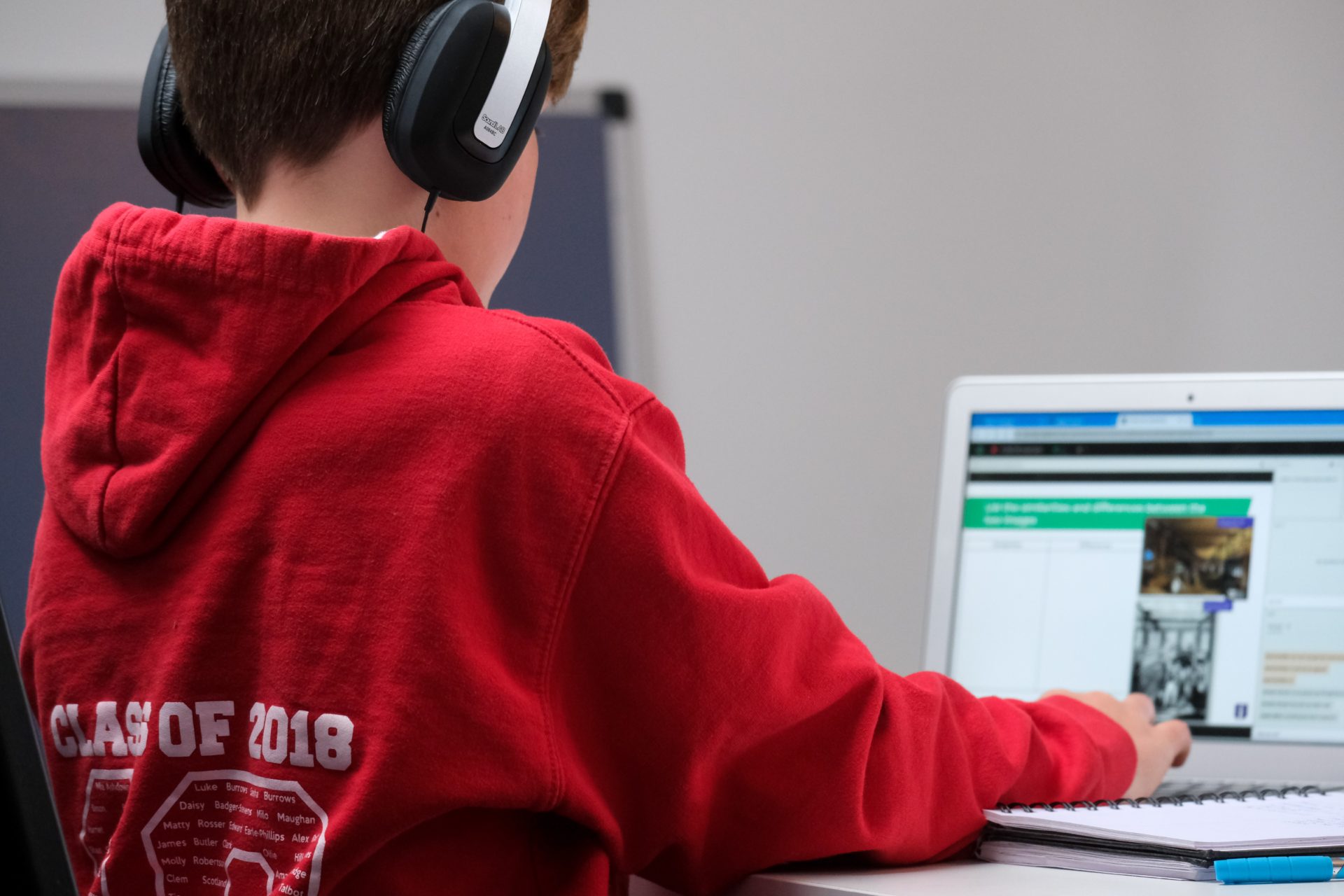
The use of the internet, that is, social media, has become an everyday thing. According to research, this can lead to addiction and have other negative consequences on mental health, especially in young people and children. Experts recommend that parents find the line between positive and negative internet use, set boundaries, talk to their children, and if necessary, seek professional help to solve serious problems.
According to the Public Health Institute of Dubrovačko-Neretva County, some signs that suggest problems related to internet usage in children and young people are poor grades, falling behind on school assignments, decreased interest in hanging out with friends and other social activities, secrecy and lying about the time spent online, and abnormal sleep patterns as a result of late-night internet use.
Amela Memić, a family therapist at the Sensus Center for Psychological Support in Mostar, explains that social media can negatively impact the mental health of children and young people. “Some research shows that there is a link between the use of social media and symptoms of depression in children and young people,” said Memić.
A mother of two girls in Mostar, notes that she limits her children’s internet use, but that raising children today poses specific challenges. A teacher in the Čapljina school district, agrees with her, pointing out that modern technology has advantages as well as disadvantages, including the promotion of bullying and violence.
Experts advise parents to talk to their children and destigmatize the conversation about mental health or seek professional help if they notice any signs that point to the existence of a problem.
Modern Technology and Education
Studies show that among teenagers who use social media for more than five hours a day, there is a 50 percent increase in depressive symptoms among girls and 35 percent increase among boys compared to those who use social media for only one to three hours a day.

“The use of social media is associated with harassment on the internet, sleep disorders, and dissatisfaction with appearance and body weight,” said Memić.
As a teacher, Šaldo notes that modern technology enables access to a wide range of information, so it is necessary to include them in educational practices. At the same time, he adds, this creates preconditions for their proper and successful application in all forms of learning.
“There are great opportunities to improve the quality of the teaching process by using modern technology, with an emphasis on faster and greater transmission of information, which is also geographically limitless like never before in the history of mankind. In addition to the classics – speech, writing, and observation – various audio and multimedia technologies are being used more and more,” Šaldo said.
According to him, the biggest drawback of modern technologies is that parents and educators often struggle to keep up with its rapid development, meaning children are likely to be exposed to inappropriate information and content for which they lack the maturity to filter out or interpret.
Ena Pudar, mother of two girls aged three and one, said that her children exclusively use television to watch cartoons and other programs of an educational and entertaining nature.
“For us, raising girls today is a challenge. We don’t want our children to spend time in the virtual world and we try to limit screen time, but the problem arises if there is a child in their company who uses technology to a greater extent,” said Pudar.
Amina Martinović, mother of a six-year-old girl, believes that while this is a difficult time to raise girls, but it isn’t impossible. “By talking and paying attention to their child every day, all parents can achieve their goal – bringing up their child properly,” said Martinović.
She points out that children and parents can learn many things through TV and social media content.
The Importance of Direct Communication
To protect their children, Memić explained that parents need to discuss mental health with them, including talking about the symptoms of depression and anxiety as well as how to build coping skills, self-awareness, and self-care. Although it can sometimes be uncomfortable to talk about these topics, Memić noted that parents should try to destigmatize discussions about mental health.

“Raising children in the modern age is a challenge for parents. In any upbringing, it is important to show children compassion and understanding. Open, direct communication is key, and without it, there’s no building a healthy relationship or true understanding, which is important in the upbringing and education of every child,” said Memić.
The task of every parent, she added, is to set clear boundaries for children, who today, have “everything within reach.” This means setting out clear rules and expectations for children and implementing these rules consistently.
Memić says that rules which can help set boundaries might be no using the phone while eating (which includes all meals and snacks), turning off internet access to create technology-free time in your home, and creating a list of tasks kids have to do before turning on the television, gaming device, tablet, or phone. This helps enforce the idea that screen time is a privilege.
Šaldo reiterated that these are uniquely difficult times to raise children.
“In hard times, when the average family in Bosnia and Herzegovina has to struggle just to survive, parents don’t have the opportunity to devote enough time to their children. Often, one parent is absent and sometimes, they are semi-literate or illiterate when it comes to information technology. The resulting inadequate monitoring of the content children are exposed to allows children to live in a parallel (unreal) world, which can lead to emotional problems,” Šaldo explained.
He emphasized that the use of social media can be a cause of bullying and violence because numerous encounters with such content can act as a trigger. “Being a bully is often popular behavior in society. In addition, the search for idols begins on social media,” Šaldo asserted.
If parents notice warning signs that can lead to problems, such as lying about time spent on the internet, disordered sleeping, decreased socializing with friends, and the like, the Institute for Public Health of the Dubrovačko-Neretva County states that “bringing the child to a specialist earlier can speed up the resolution of the problem.”






